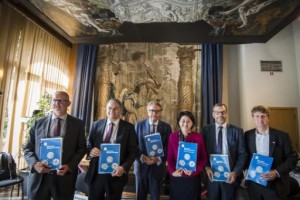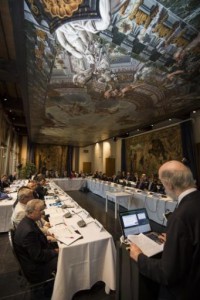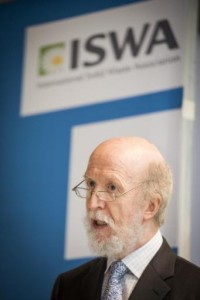Tackling the global waste crisis through community waste management
According to the UNEP and ISWA’s Global Waste Management Outlook (GWMO), three billion people lack access to basic solid waste management (SWM) services; addressing this global waste crisis would not only vastly improve their lives but also halve the weight of plastics entering the oceans. Professor David C Wilson and Mike Webster of Wasteaid made the case earlier this year, in an open access editorial in the ISWA journal Waste Management & Research, for community waste management as a ‘bottom up’ approach, to run in parallel to traditional ‘top-down’ approaches led by donors and governments.
Community waste management aims to help local communities in the poorest countries, where the local authority often has no funds to provide a SWM service, to tackle the problem themselves through the resource value in the wastes. If, for example, food wastes or low-value plastics are kept separate, they can be turned into new, useful products. With simple tools and the right knowledge, people can become self-employed recycling entrepreneurs, providing a very valuable service for the health and wellbeing of their community, and the whole planet – as well as reducing poverty and creating sustainable livelihoods.
One of the gaps identified by the GWMO was for practical guidance on such low-cost ‘waste to wealth’ technologies which involve minimal capital investment and make products to sell in a local market. DCW’s CIWM Presidential Report aimed to plug that gap: Wasteaid prepared a Toolkit, including a dozen How-to-do-it Guides for simple technologies using organics and low-value plastics.
While preparing the Toolkit, we identified a parallel requirement, for the scientific underpinning of some of the technologies. This month sees the publication of a paper on optimising the technology for producing plastic bonded sand blocks, for use e.g. as paving slabs, from the low value LDPE film plastic, which is a major problem even in the least-developed countries. Our team at Imperial College London was led by Professor Chris Cheeseman, with the laboratory research carried out by Alexander Kumi-Larbi Jnr and Danladi Yunana. The technology was developed by another co-authors, Pierre Kamsouloum, a self-taught entrepreneur from the Cameroun.




